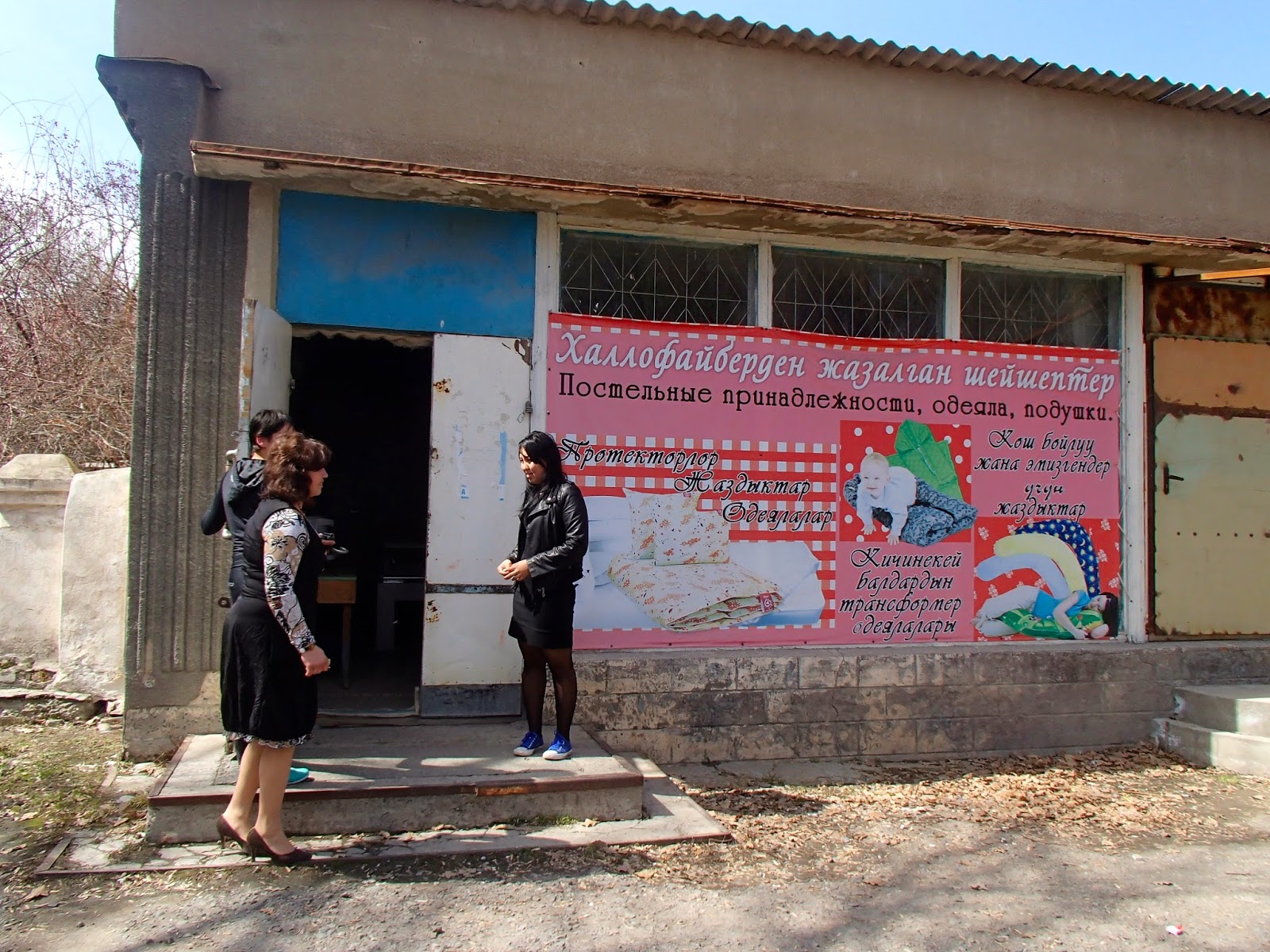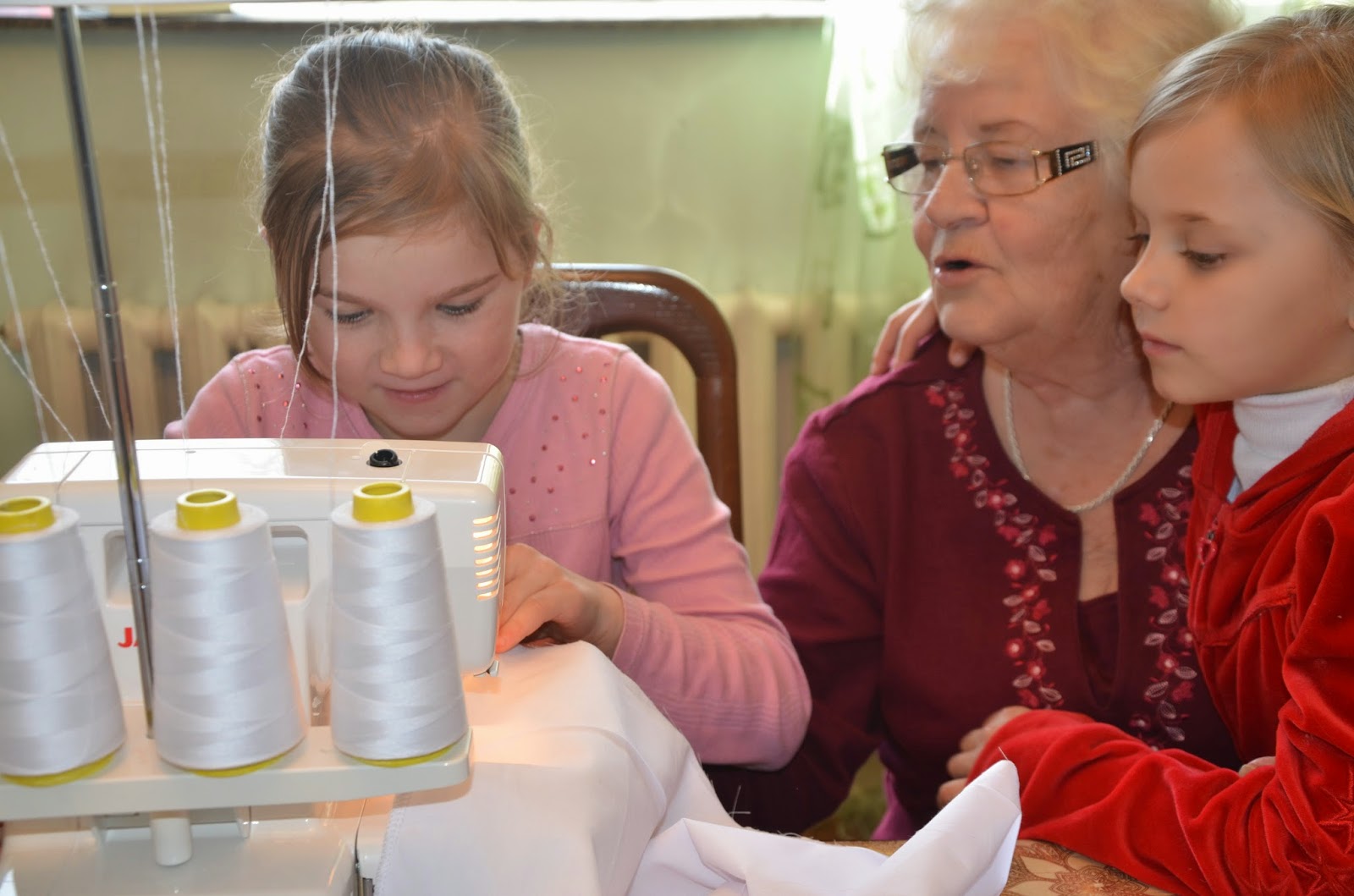TALK ABOUT HARD THINGS
Talking about the Hard Stuff Going on Around the World with Student
By Beth Guckenberger - Beth Guckenberger is the mother of a bunch of biological, a bunch of adopted and a slew of foster children. She and her husband, Todd, direct Back2Back Ministries. Beth is the author of several books on the journey of their life abroad.
When I read this article by our Partner Ministry - Back2Back; Beth Guckenberger (author) - all I could say was RIGHT ON! Oh how we get the hard questions and feel at a loss many times in what to say. Beth does a marvelous job encouraging all of us to be most careful and NOT BE FLUFFY WITH OUR SPEECH - AS IT TRULY HURTS MORE THAN HELPS!
See the article below:
 |
| Talking about the hard things - to all - children, seniors, the disabled. |
 |
In every interaction with children - there are questions....and we must be honest
and be prepared...capacity building is one way to become prepared. |
 |
Humbling servant leadership brings every missionary to the place of hearing the
pain and suffering of others - this happend frequently with the serving of the shoes. |
 |
Parterning with local ministries is critical to continue and build sustainable
resources for "telling the truth and sharing about the hard stuff!" |
I live and work in hard stories. As
someone who has been immersed in the orphancare movement for almost 20 years, I
am thrilled when a student catches a vision for how God can use him or her in
those hard places. I wish all students had the opportunity to engage, but many
are not exposed. In part, because the adults of their lives, the teachers,
parents, youth ministers don’t know how to answer the impossible questions (How
could God allow…? Where was God when…?) so they don’t entertain those
conversations. The casualties are fierce, not only do the students miss out,
but the lives of those they might impact are left wanting.
So if someone wanted to have these
life-changing conversations, where does one start?
In my experience working with
orphaned children, and as a mother to my own nine interrogators, I use the
following steps to approach these tough subjects. It always feels easier to act
like I didn’t hear a hard question, to redirect them to someone else or to give
them a pat answer or worse yet, a false promise, but what an opportunity I miss
when I take the easy way out. Here are some steps to the better way…
Follow this pattern, not as a
rulebook, but as a guide to give you the confidence to wade into waters where
you, too, might still have some lingering questions/doubts.
1. Always start with the thing you
know to be true…
In my life, I have the same
conversation starter whether I am talking to an orphan about the questions they
have in their head (Am I loveable? Am I loving? Am I loved?) Or I
am talking to a student eye witnessing or hearing hard things for the first
time (How could God let that happen? Could that happen to me? What should I
do about it?)
All conversations start with the
truth. It’s how you build the platform. So say, “What do we know
to be true of God?”
He loves us. He doesn’t want one of
us to be lost. He is coming for us. He defends his people. He knows us. Etc…
Start hard conversations with the
construction material we know will make the house stand. Make a list of
the truths you find in Scripture and have them on hand, build them with the
student, or offer them the truths that have been meaningful to you. Remind them
these truths in the conversations that follow. Help make ‘truth telling’ their
default button.
2. Don’t shy away from the hard
stuff
It’s our temptation to shield kids
from hard things, to help them experience all the benefits of being one of
God’s kids and none of the costs, but Jesus invites us into his sufferings and
if we are growing up the next generation of disciples, we need to teach them
what it means to participate with Christ in his sufferings. That means offering
ourselves (friendship, acts of service, goods) to people who might not
understand our intentions. It means knowing our teaching needs to reflect right
theology. If we are, for example, teaching about God’s shelter in Psalms 91, we
don’t equate shelter to our nice, American homes. Our teaching should
reflect God’s truth and any one of his children around the world should be
about to hear it and apply it. This kind of teaching, that tells the truth and
not tickles our ears, will inoculate our students from the struggles some
Christians experience when their ‘shelter’, as they understood it, falls.
3. When teaching about hard things,
we should emphasize above all things, God’s sovereignty.
When things don’t go down as we wish
they would, we can trust a God who never loses control. Hard news, hard images,
hard realities make us doubt (Could that happen to me?) Teaching
students upfront that above all things, God is good. Above all things, he is
sovereign. Above all things, he loves us… creates the foundation that won’t
crack.
We have the opportunity to teach
hard circumstances aren’t to be avoided, or suffering ignored. So many adults
don’t know what to do in the face of hard, so they do nothing. We not
only can do something, we can be the hands and feet of a God looking to enter
into the chaos of a lost world with good news!
4. We can talk to students about
something in the mission community widely known as the Galatians 6 principle.
In Galatians 6:2 Paul says, “Carry
each other’s burdens, and in this way, you will fulfill the law of
Christ.” A little while later though, he says in 6:5, “each one should
carry his own load.” So, you might ask, which one is it?
In the original language, a ‘load’
is referred as the weight of a soldier’s backpack, about 35 pounds. Paul
is telling us to carry our own backpack, something manageable. We not only need
to carry our own, but we need to allow other’s to carry their own. To take on someone’s
backpack robs them of dignity and creates the victim mentality we see sometimes
in social justice.
But someone’s burden is our
privilege to share. It’s more than someone can do on their own, and
helping students live out this biblical principle of carrying another’s burden
is an opportunity to teach a lesson that will stick with them for a lifetime.
5. Make hard discussions a regular
part of your routine.
As teens grow into adults, and the
hard just gets harder, be the person they feel like they can come and ask
questions of. Open the door. Share your own questions; this is what it means to
work out our faith with fear and trembling.
Together, we can encourage this next
generation of givers and goers and senders to embrace a world lost in chaos and
hungry for the peace only He gives.




















.JPG)































